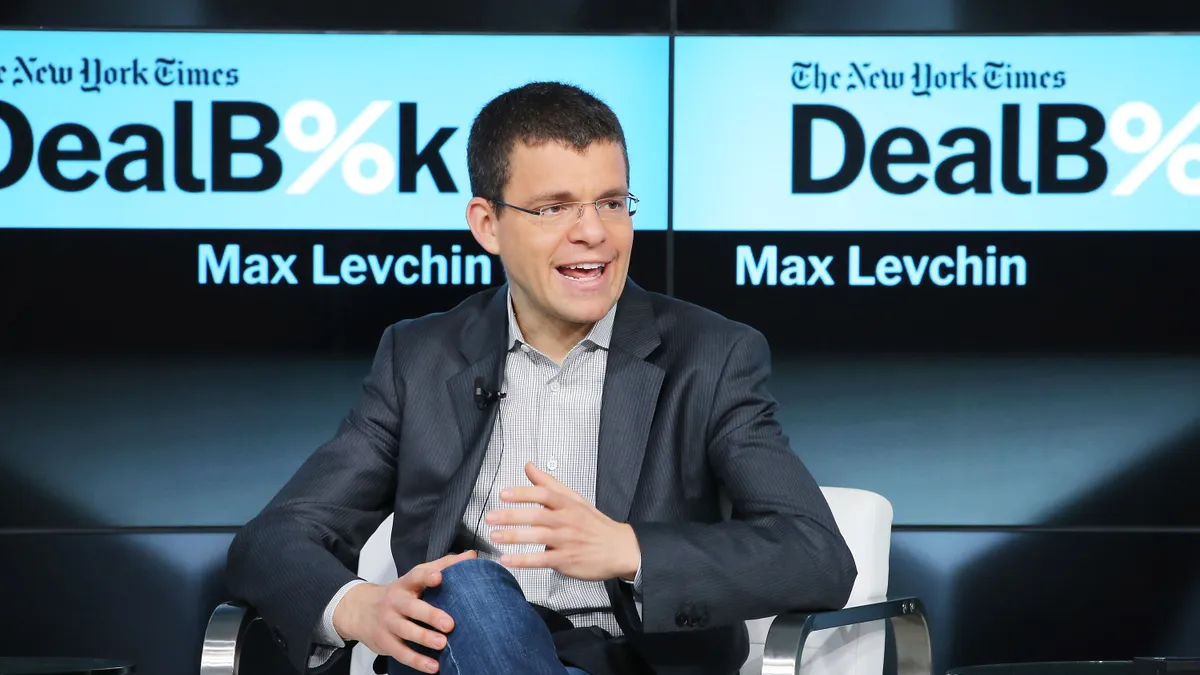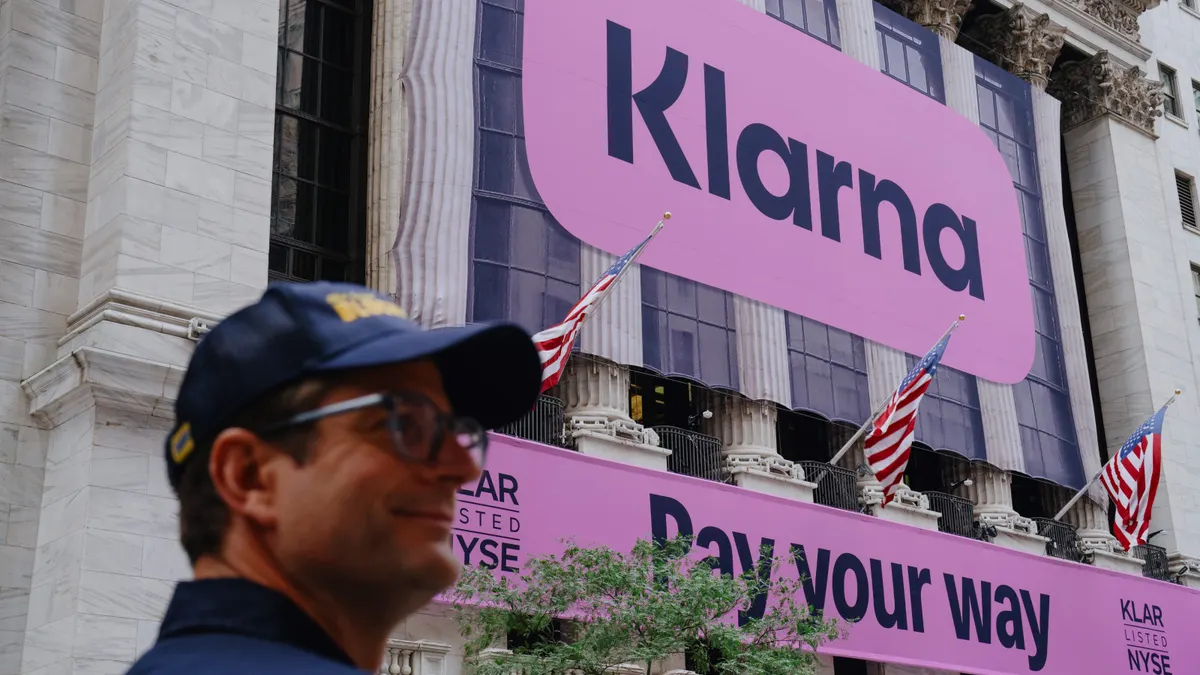Catena Labs, co-founded by Circle co-founder Sean Neville, recently raised $18 million to build an artificial intelligence-native bank designed to serve the emerging AI economy.
An AI-native financial institution refers to a bank that is built around AI, rather than one where the technology is added later. Catena has not yet released a product, but has published an open-source agent commerce kit that outlines protocols for “agentic commerce,” or AI-driven e-commerce. Catena plans to use the new funding to speed up the development of its AI-native financial institution and its underlying technology.
During an interview, Neville, Catena Labs’ chief executive, said the startup is working toward its next major milestones: product releases and acquiring necessary financial licenses.
Catena aims to collaborate with and help AI-powered businesses operate safely and compliantly, pursuing becoming a licensed financial institution, Neville noted.

Since he started Circle, the financial services industry's appetite for technology has changed. This is evident in the stablecoin bill that’s advanced in Congress and companies like Stripe embracing stablecoins.
“A proper understanding of compliance and regulatory risk needs to have a seat at the table alongside product decisions and strategy and engineering and marketing and sales,” Neville told Banking Dive. “That's not necessarily true in other kinds of software development, but it's certainly true in fintech and building a viable financial solution. So we're bringing the same approach to Catena to what we're doing today.”
The agentic commerce kit released Tuesday provides building blocks that help to identify, what is sometimes called “know your agent”. Catena plans to use the identity mechanism to ensure that when a business or individual encounters Catena’s AI agents — whether they're integrated into supply chain workflow or used by an e-commerce shop — the customers can verify that it is acting on behalf of the company or not. It also has protocols on how an automated system requests and executes payments.
Neville envisions that payment activity will move away from traditional brick-and-mortar credit card models adapted for e-commerce and shift to a new model specifically designed for AI actors to execute payments and transactions.
Neville noted that Catena aims to play a pivotal role in this shift, adding that global exchange fees for transactions anywhere should be low, while safety should be enhanced.
Why now?
The time is right to build the an AI-native bank, since we are at the “nexus of a new kind of web that is very AI-driven,” Neville said.
He believes there will be a time in the near future when AI agents conduct most economic transactions, requiring a completely new financial infrastructure designed from the ground up to accommodate this reality.
The web is going to be agent-native, he expects, so it’s the right time to build identity systems, an understanding of risk, proper guardrails, and oversight surrounding compliance and letting AI actors transact with humans and one another.
Challenges of AI-native financial institutions
As AI use evolves and grows, Neville believes banks will have a system of AI actors performing certain tasks.
Catena plans to utilize AI actors, or digital workers, as employees to perform internal tasks like writing software, and humans for oversight and escalations, such as risk monitoring, compliance management, anti-money laundering, and filing Suspicious Activity Reports, Neville said.
The AI-native bank is designed to serve AI businesses that execute transactions. However, certain limitations prevent AI usage and need to be addressed: AI actors can't get fingerprinted to become licensed money transmitters, for example, and most risk infrastructure is explicitly designed to prevent bots from using financial systems, he said.
Neville said he thinks the system should be built so that AI actors will be the primary users, instead of blocking them. Some key challenges need to be tackled, like properly identifying AI actors, mapping AI actors to real-world legal entities, including businesses and individuals, maintaining security by keeping out malicious actors, and creating authentication and authorization systems for AI, he said.
Catena’s financing round was led by a16z crypto, with participation from Breyer Capital, Circle Ventures, Coinbase Ventures, CoinFund, Pillar VC, and Stanford Engineering VF. The funding round was also backed by angel investors, including Tom Brady, Bradley Horowitz, Hamel Husain, Kevin Lin, Peter Mattoon, Sam Palmisano, and Balaji Srinivasan.
“Integrating AI into commerce demands a rebuild of financial infrastructure,” Jim Breyer, founder and CEO of Breyer Capital, said in a statement Tuesday. “Legacy systems cannot always keep up — and that’s why Catena is so compelling.”





















